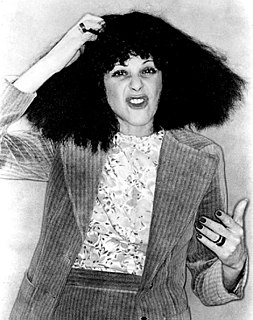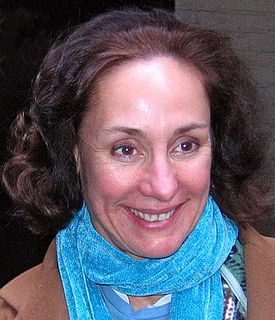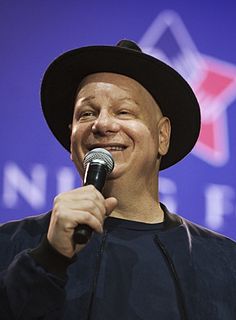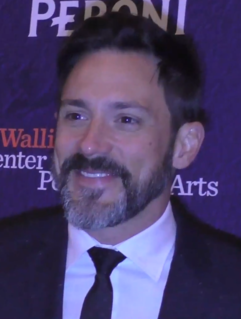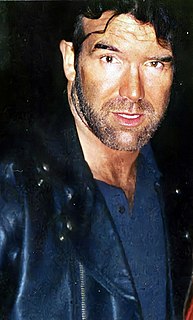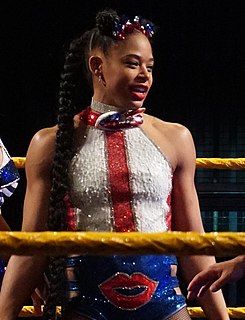A Quote by Gilda Radner
Related Quotes
As a writer, you're always trying to say the best thing. You're always thinking about what's the best thing to say, and what's the hardest way to say it, and what's the best line? Sometimes the best line is the simplest line. Sometimes the best line is the line that evokes more feeling than actual wordsmithing.
With the stand-up comic on TV, whether it's Seinfeld or Cosby or Roseanne, more important than their knowledge of how to tell a joke is their knowledge of themselves, or the persona they've created as themselves. So that when you're in a room with writers, you can say, 'Guys, that's a funny line, but I wouldn't say it.'
When my friends and I grew up, we had 'Full House,' 'Growing Pains' and 'Roseanne.' These sitcoms were about something, about real people in a sense. They sort of super-sized real life where things aren't necessarily exactly how you go through them in daily life, but you can relate to something, and you can pull something out of it.
I kind of found a niche for myself after 'Firefly'. I found something that I enjoyed doing and that I did well, but as far as how I seek out a part, it's always different. It's always something that lights you on fire when you read it. It might be just one scene, it might be one line that defines the character for you.
